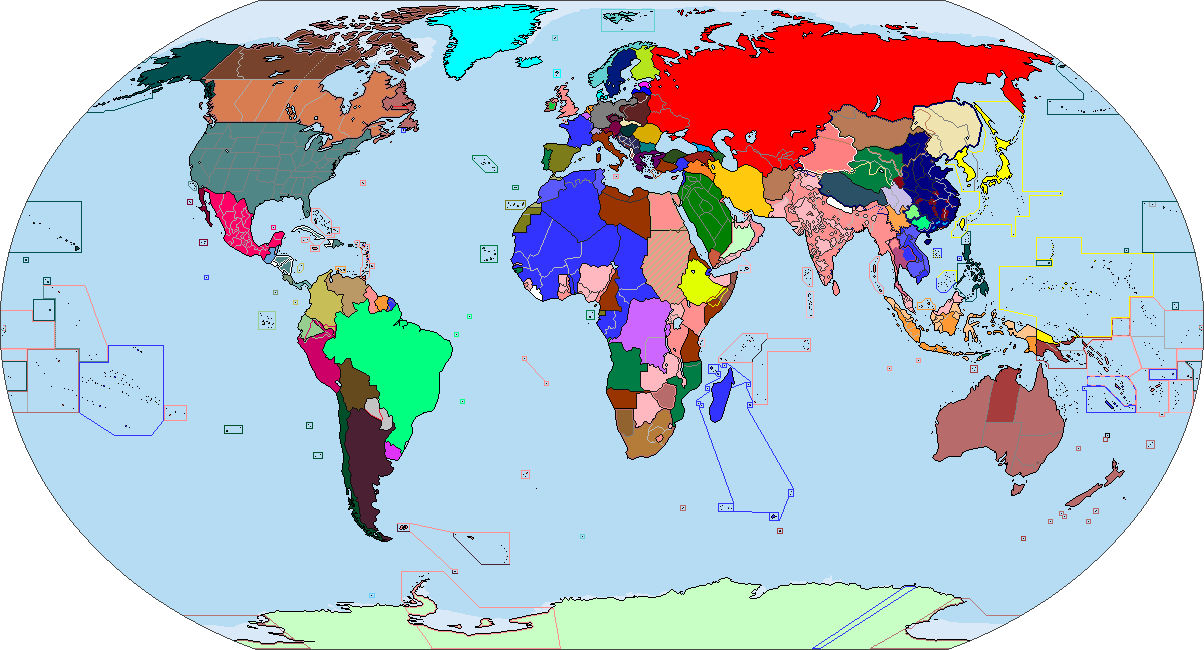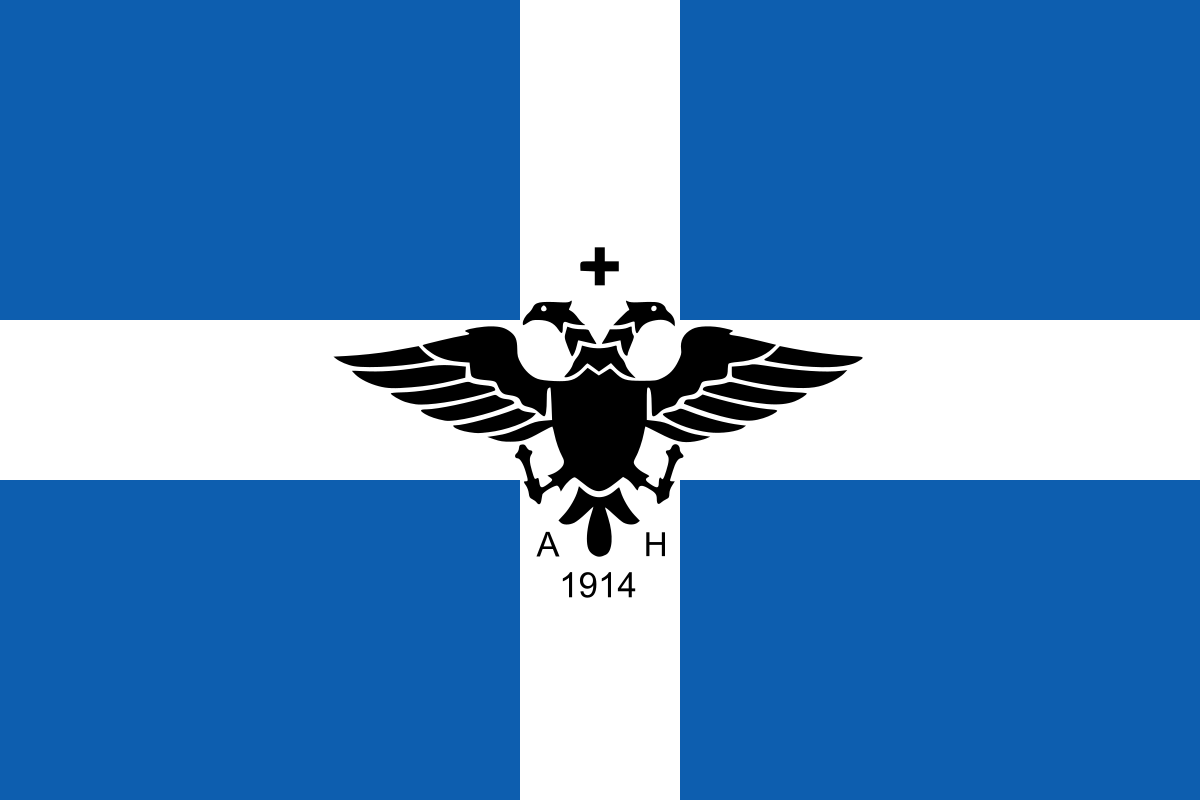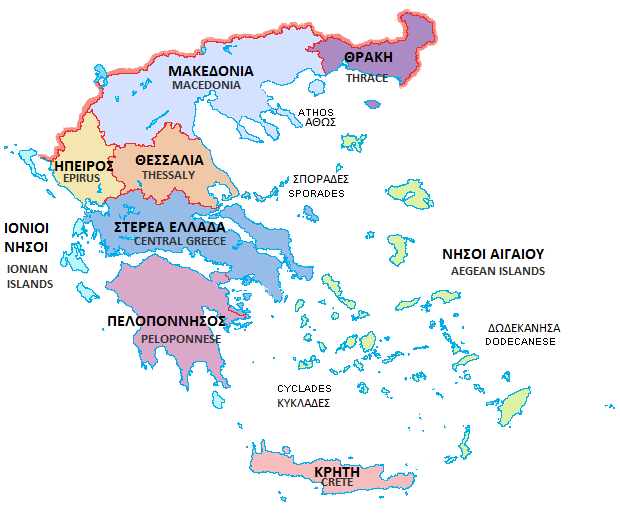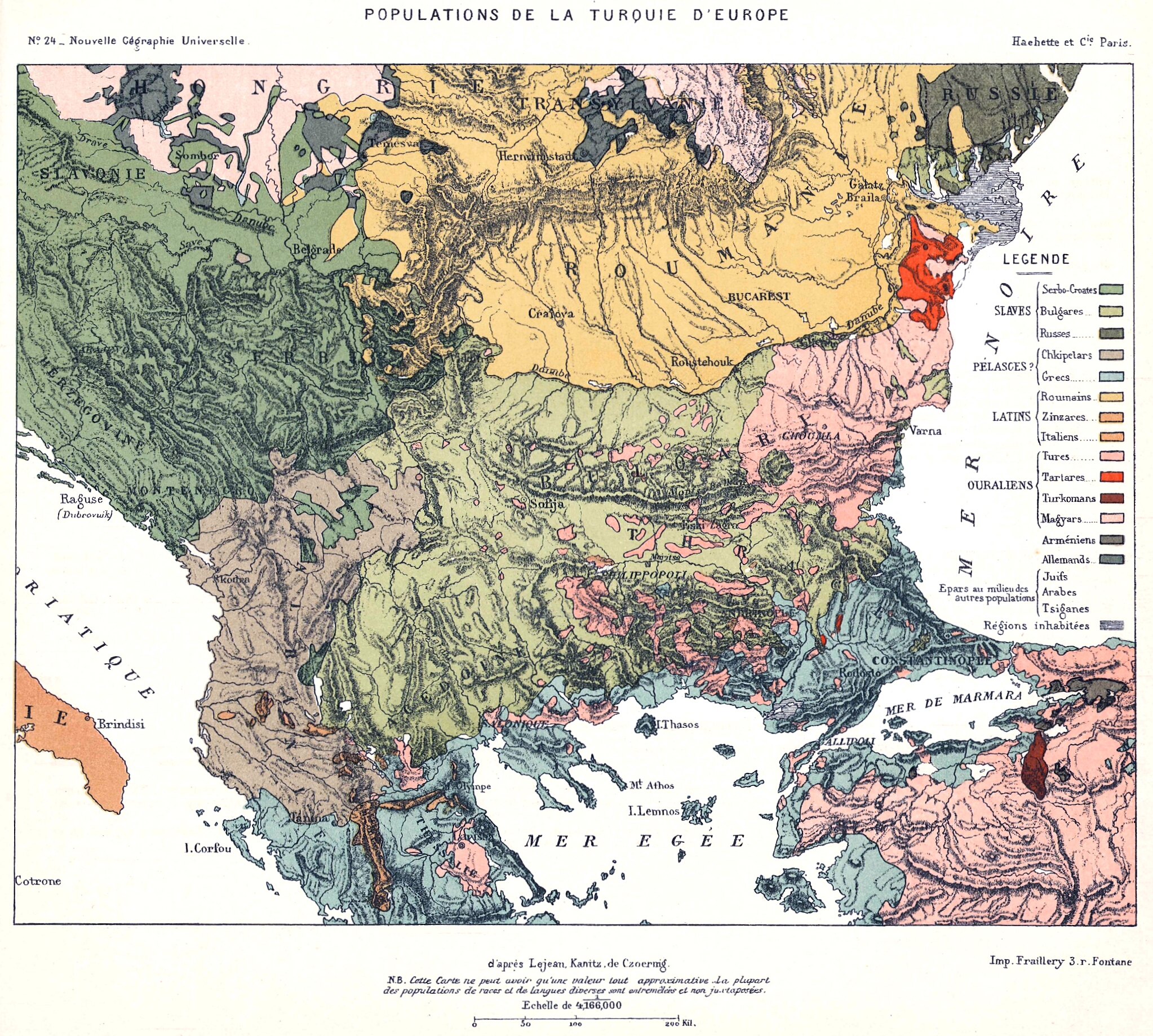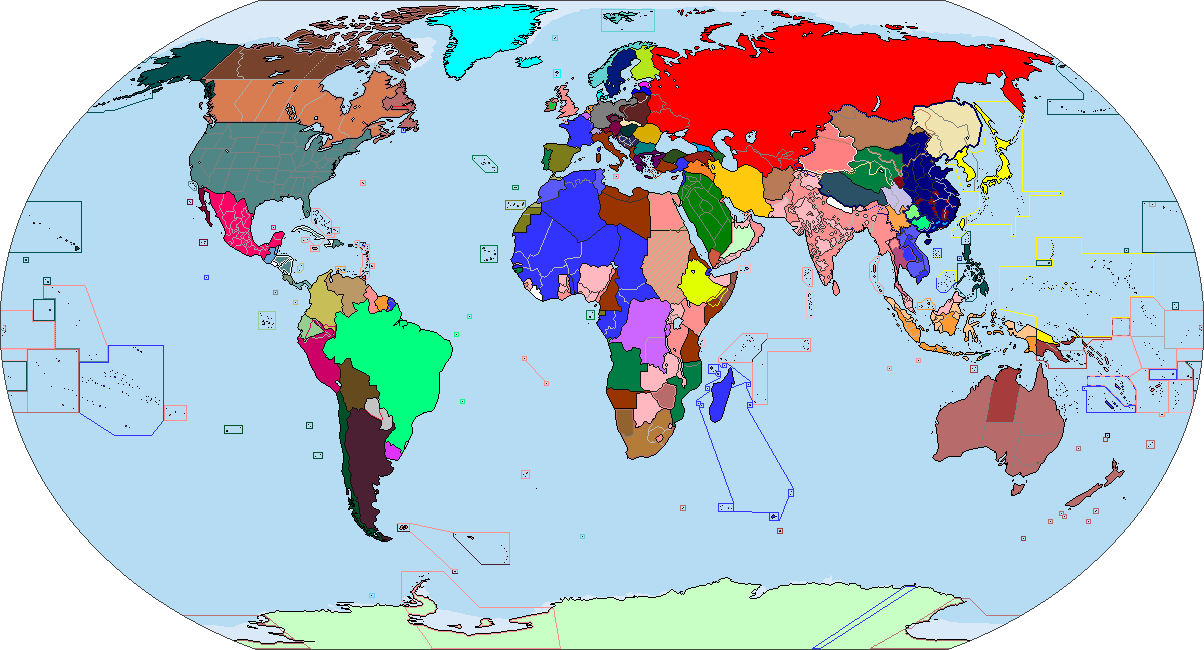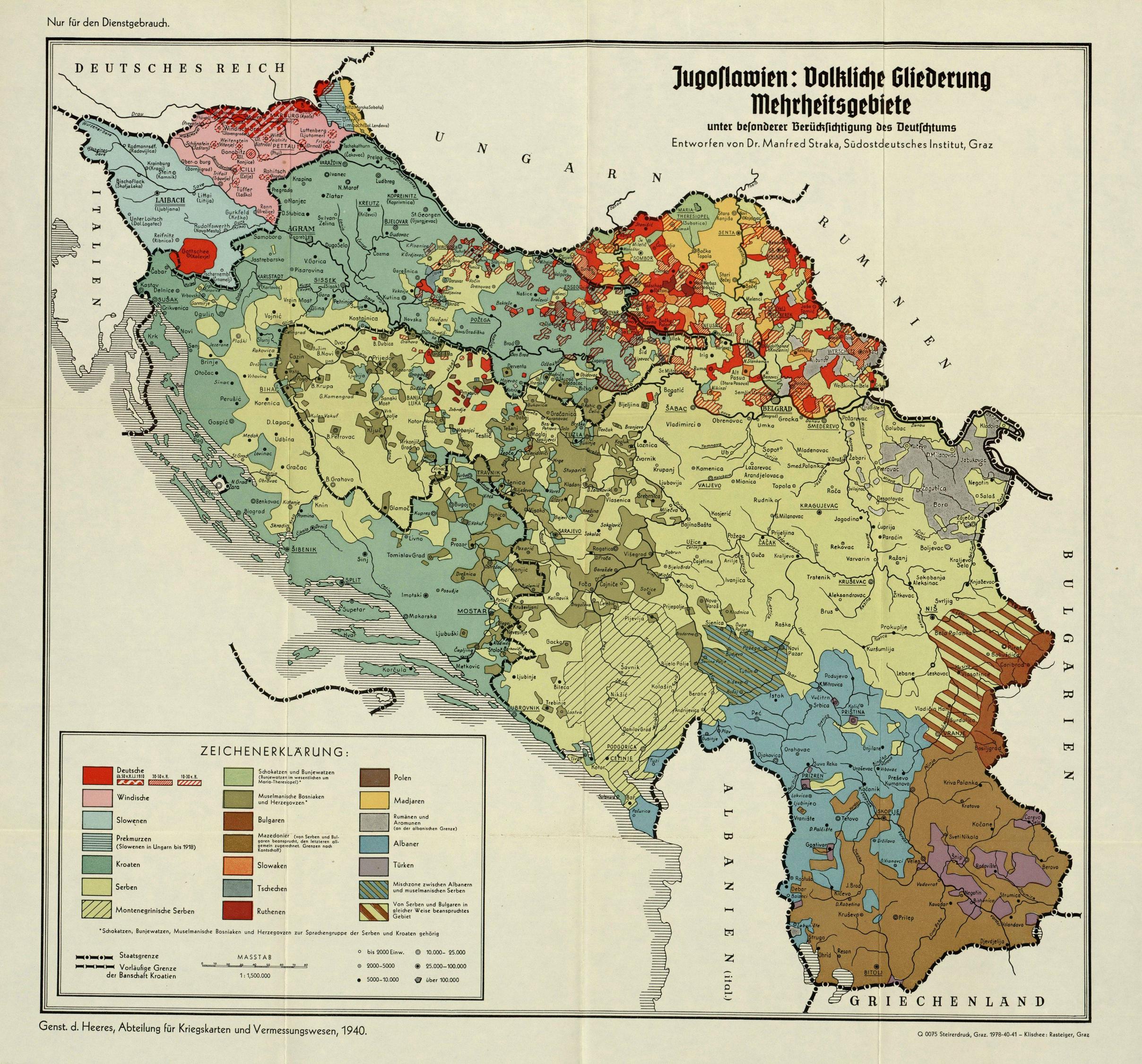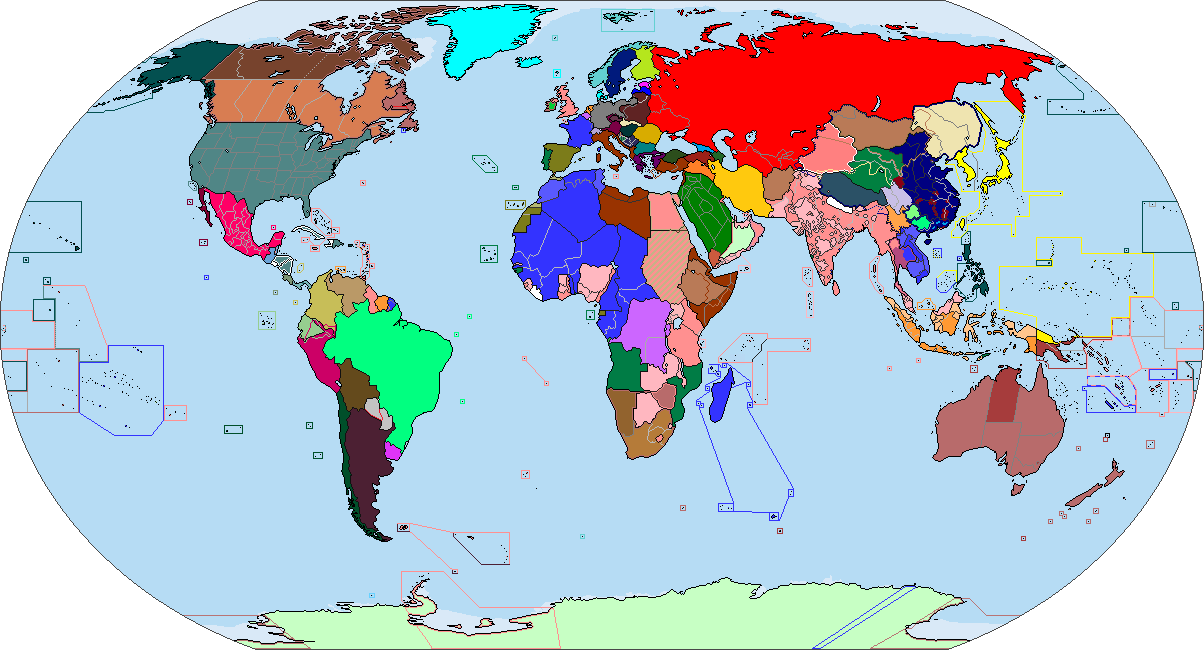
After recent negotiations and treaties with the League of Nations Austrians gained German, Windic and Slovene lands, while Italy gained the territories promised in the Treaty of London from Yugoslavia under strong Yugoslavian protests. The kingdom of Yugoslavia stopped to exist and instead Serbian army general Milan Nedić took control and was entrusted by Serbian King Peter II to create the ethnic and nationalistic Kingdom of Greater Serbia. The new government proclaimed thy wished t save the Core of the Serbian people from the Communist-Masonic-Jewish-English mafia, that had created Yugoslavia to eliminate the pure Serbian race by intermixing them with massive Macedonian, Bulgarian, Croatian and Bosnian Mohammedans. Because of that the new radical government intended to eliminate further ethnic territorial claims by sending ethnic remaining Bulgarians and Macedonians to Bulgaria, Romanians to Romania, Germans to Austria and heavily discriminate against the still for independence or autonomy crying Croatians, who were secretly supported by the Italians and Mussolini, as he would support their fascist, nationalist Croatian Roman Catholic Ustashe under their leader Ante Pavelić, who called for an independent Croatian State that would automatically fall under Italain influence hoped Mussolini. The so called Croatian rebellion or Croatian uprising saw terrorism, violence and ethnic massacres on both sides and lead the nationalist Serbian dictatorship to respond with ethnic cleansing and concentration camps of their own against Croats and Bosnian Mohammedans. While the Benelux nations of Belgium, Netherlands and Luxemburg joined in a customs union, a nearly bloodless military rebellion in Siam established a constitutional monarchy and the Constitutional Revolution, a Sao Paulo state uprising began in Brazil. Many hoped the world overall would be more secure against war and conflicts, but it looked as if more and more anti-democratic, anti-republican governments arose and threatened to soon make up the majority of the voting voices within the League of Nations, something that concerned the British and French massively, even if they too denied their ethnic colonial minorities true representation or independence. The giving of all German, Windic and Slovene lands once again opened up the debate if South Tirol and the Trieste region promised to the Italians during the Great War should be fully given to the Italian Kingdom and the Austrofashist Fatherland Front (Vaterländische Front) under Engelbert Dollfuss in Austria agreed in exchange for protection of Austria by Italy in chase of a newly escalating Balkan Conflict, which in terms of recent events in now more unstable Greater Serbia looked more dangerous each day.
After an armed communist attack against the National Socialists in Germany that saw 18 killed by paramility street fighting groups, the Papen Government and Reichspräsident Paul von Hindenbrug opposed the elected SPD government in Prussia under Otto Braun with the Reichswehr military and with it Germanies most powerful land received a heavy blow against it’s democracy. The Lausanne conference meanwhile ended with the agreement to halt German reparations until the End of the global economic crisis is over and the agreement that Germany would be given back colonies if certain reparations were fulfilled, to encourage the Germans to do so. This was massively welcomed by the German Colonial Society, who reclaimed the unjustly lost colonies for the German as part of the Federal Foreign Office under Edmund Brückner. As German foreign debt stood at 21.514 billion marks; the main sources of aid were the United States, Britain, the Netherlands, and Switzerland, the Lausanne Conference agreed to a final, single payment of 3 billion mark, which would mean that around 20 billion would have been paid then, much less then the original offered, or planned payments. At the same time the British held the British Empire economic Conference in Ottawa Canada to oppose the global financial crisis. With the current revenue, the in the 1932 German federal election winning NSDAP as largest party under Adolf Hitler, formed a so called Government of German National Salvation with the DNVP under Alfred Hugenberg, the Catholic Centre Party under Ludwig Kass and the BVP Bavarian People’s Party under Heinrich Held, who as a ragtag bond together anti-socialist/ anti-communist coalition together made up 40,1% supported by the previous government, the Reichspräsident and the Reichswehr against the SPD-KPD Coalition of Otto Wels, Arthur Crispien, Hans Vogel and Ernst Thälmann who had gained 37,6% and had first made a coalition to form a new German government which was opposed by the Reichspräsident to be accepted under advise that otherwise the Reichswehr might interfere.
The new Nazi lead Nationalist-Conservative German government knew they had an annual revenue of around 10,3 billion Reichsmark and offered a plan to pay the remaining German war debt in exchange for colonies, while also planning an infrastructural Autobahn project to ease the unemployed problem. In light of this events the Italians and French concluded the Colonial Mandate and Territory Treaty, which saw the exchange of the Italian Cameroon (Kamerun) Mandate against the French Somaliland, French Turley Turkish and French Syrian mandates and territories to the favor of both sides. Initial Italian claims in Mainland France, Corsica and Tuensia meanwhile were left unfulfilled. A soon after followed British and Italian Colonial Mandate and Territory Treaty, then saw Southwest Africa fall to South Africa, as well as East Africa becoming a part of British Tanzanija. In exchange British Somalia and ethnic Somalian East Kenya away from the major agricultural land and British settlements there were given to the Italians. The Italian Empire now controlled all harbors and railways into Ethiopia and claimed ethnic Tigayan and Afars land which had been rebelled against the Somalians with Italian aid in the North, as well as ethnic Somalian land in the East, while Ethiopia overall became heavily depending on the Italian Empire. At the same time SA Brownshirts terrorize political opponents in Germany while the new Article 48 a law ordered the death penalty for a variety of offenses and with the court system simplified so that the courts could hand down as many death sentences as possible. The new German State proclaims the End of the Weimar Republic and the Proclamation of the German Reich (Empire) trough it is uncertain if Emperor Wilhelm will return to his previous position within a new Constitutional Monarchy. With a vote of no-confidence in the Reichstag, the last remnants fo the old government are eliminated a week before Mahatma Gandhi starts his hunger strike in Poona prison in India. In Hungary Gyula Gömbös of the radical right becomes prime minister, while Arabian Nationalists call for Egypt to join the Arabian Kingdom as a pan-Arab nation state. In the November elections of Germany, the Nazi’s remain the strongest party and their coalition continues the government. With the Reichstags Fire and the Execution of Reichspräsident Hindenburg by supposedly Communist Terrorists, which allows Hitler to become Reichskanzler (Chancellor) and Reichspräsident (President) with nearly dictatorial authority. Even if the Coalition Government keeps his power somewhat in check, secret concentration camps are formed by the Sa. As Japan and the Soviet Union restart diplomatic relations, the hope for a peaceful coexistence in East Asia grows. The more civil and democratic Japanese government calls for international aid by the League of Nations during the 1933 Sanriku earthquake, while at the same time the Indian National Congress and the Congress Nationalist Party saw the All-Indian Muslim League under Muhammad Ali Jinnah call for complete independence of all Muslim constituencies as they otherwise feared a continued dominance by Hindus inside a unified India.
Vote for Japanese Earthquake aid
here
Vote for Pakistan Independence
here